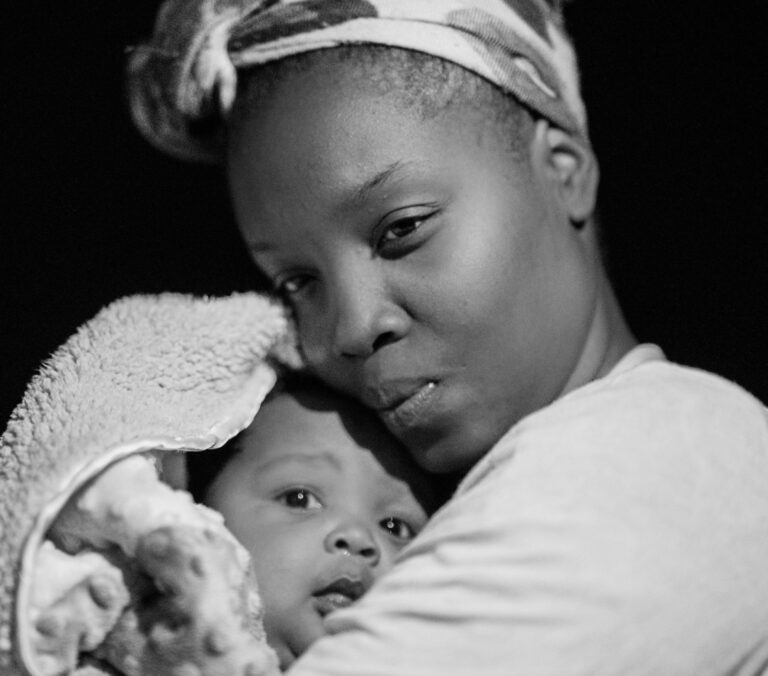Maternal mental health disorders affect one in five birthing people, but those who experience these challenges often do not get the help they need. Most health care systems are not set up to provide effective, longer-term support for mothers with mental health concerns. And many mothers do not seek help because they fear being separated from their baby.
The New York Times recently covered the positive outcomes of Britain’s mother-and-baby units, which provide psychiatric care for women during late pregnancy through the first year after the birth. The units make it possible for mothers experiencing postpartum psychosis and other mental illnesses to continue caring for their babies during treatment, a critical aspect of the program’s success.
Perigee Fund recently invested in the MedStar Georgetown University Hospital Mother-Baby Intensive Outpatient Program – the first intensive psychiatric treatment program for birthing people and their babies in the Washington, D.C. metro area. The program is designed to help support mothers who are in crisis and guide them as they build the coping skills they need to recover.
“Clinically, we find that mothers are less likely to engage in mental healthcare without their infants,” says Dr. Amalia Londoño Tobón, Perinatal, Family and Child Psychiatrist & Researcher at Georgetown University Medical Center. “Through our Mother-Baby Intensive Outpatient Program, we’ve observed that caring for mothers and babies together provides a realistic perspective on home challenges, addresses anxiety and trauma triggers, and empowers mothers. This approach boosts their confidence in parenting and mental health, ultimately making treatment more effective for the mother, infant and their relationship.”
Mother-baby units make it possible for moms and perinatal individuals to receive extended mental health treatment while continuing to bond with their babies. Focusing on mothers’ and babies’ mental health together leads to more successful long-term outcomes for both.
